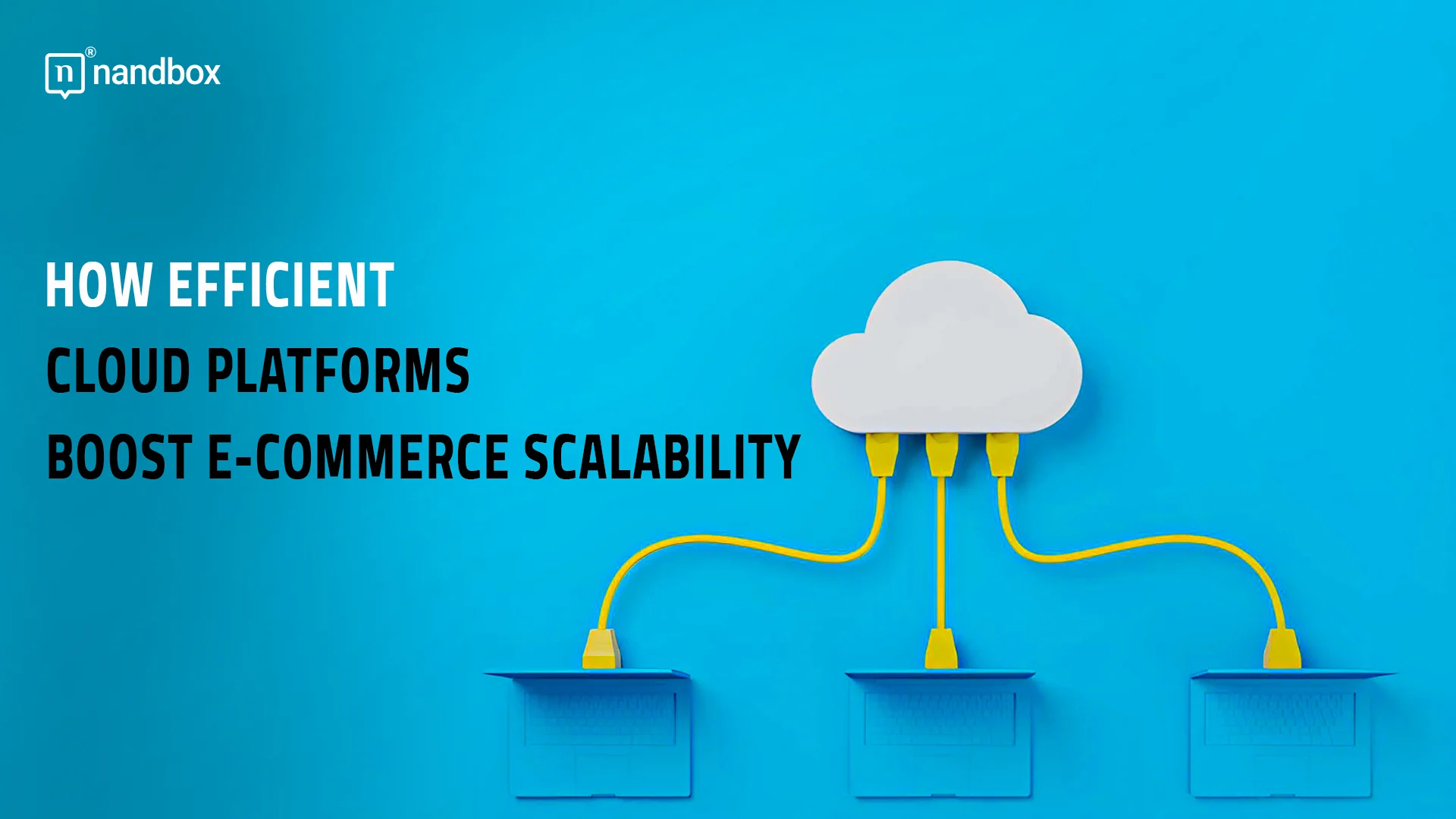E-commerce’s explosive expansion has reshaped the retail landscape worldwide—from the way people shop to how businesses operate. In 2024, the number of digital buyers exceeded 2.71 billion, per Oberlo. That is a 70 million increase compared to the previous year, reflecting a 2.7% growth year-over-year. The number of people who shop online is expected to rise to 2.77 billion in 2025. One thing is evident: the future of e-commerce is bright. And you know what that means? More and more people will launch e-commerce operations. To stay ahead of your competitors, scaling your business is important. And that’s all about driving traffic and boosting sales growth. Doing that can be challenging—that is where the efficient cloud platforms, such as Managed Magento Hosting, enter the picture.
Let’s look at four main ways the cloud could solve scalability issues and maintain your e-commerce competitiveness.
1. Supporting Global Expansion without the Hassle
Want to sell abroad? That’s an intelligent action. Every nation you wish to target may call for you to make investments in physical servers under a conventional configuration. Along with costly, that will take time. Without the hassle of running servers across several countries, cloud services enable easy worldwide presence. How then? Content Distribution Networks (CDNs) provide help to spread your data amongst servers all around. Instead of worrying about setting up infrastructure in a new country, you can rely on these existing data centers to deliver your website or app faster to customers. So when a customer visits your site—whether from New York, London, or a small town—they are connected to the nearest server. This reduces load times and provides a perfect shopping experience.
2. Seamless Integration with Third-Party Tools
As it grows, your e-commerce business will most likely want to incorporate more features such as advanced analytics, artificial intelligence-powered recommendations, or maybe customer care chatbots. Including these tools into your current configuration can seem difficult. But using the cloud would make shockingly simple. With one cloud platform handling your infrastructure, you will be able to easily link several outside services using pre-built integrations and application programming interfaces (APIs). Whether you’re upgrading your marketing automation, adding a new payment gateway, or merging with a CRM, cloud solutions replace difficult coding or manual setups.
3. Scaling Resources on Demand
Holidays, flash sales, and product launches bring in waves of traffic. But if your servers can’t handle the load, your website might crash. That will frustrate online shoppers, and they will leave your website. Cloud hosting provides elastic scalability, however. Effective cloud systems automatically change resources depending on demand, therefore relieving manual server addition or concern about downtime.
- Should thousands of users overrun your website, the cloud distributes more computing capability to preserve speed and performance.
- And it automatically scales back as the rush ends.
You only pay for what you use—no more crashes, slow load times, or lost sales due to overwhelmed servers.
4. Enhancing Security and Compliance
With a growing attack surface and fresh threats continually developing, cyberattacks are become ever more complex. Common cyberattacks for e-commerce online applications are phishing, malware or ransomware, and e-skimming. Targeting online stores, cyberattackers seek consumer information, compromise payment systems, or cause operational disturbance. Effective cloud systems offer a strong defense against these cyber attacks using enterprise-grade security measures, including:
- Encryption to protect sensitive customer data
- Firewalls to monitor and block suspicious activity
- Multi-factor authentication to provide an additional layer of security beyond just usernames and passwords
That is not all. Furthermore, facilitating compliance is the cloud. Data security rules such as GDPR or PCI DSS call for exact requirements. The cloud provides built-in tools, frequent updates, and audits complying with worldwide standards, helping one to remain compliant.
Powering Your E-commerce Growth with the Cloud
An IDC report found, for example, that businesses that continue investing in digital transformation witnessed a 22% increase in operational efficiency. Your company’s cloud stretches out. Whether your company is expanding globally, improving inventory control, or enhancing customer experience, the dependability and flexibility of the cloud can streamline scaling more than ever.
nandbox App Builder
A productive cloud platform that requires no code, nandbox App Builder makes it easy for e-commerce companies to grow. Even in the event of traffic spikes, nandbox guarantees smooth expansion with the simple integration of crucial functionality like chatbots and payment gateways. It is the perfect option for companies wishing to grow internationally and improve performance without having to deal with complicated coding or infrastructure administration because of its strong security features and scalability.




